?????????????,?????20??????????,?????????????????,??????????????????????,??????????
SDG #8: Decent work and economic growth
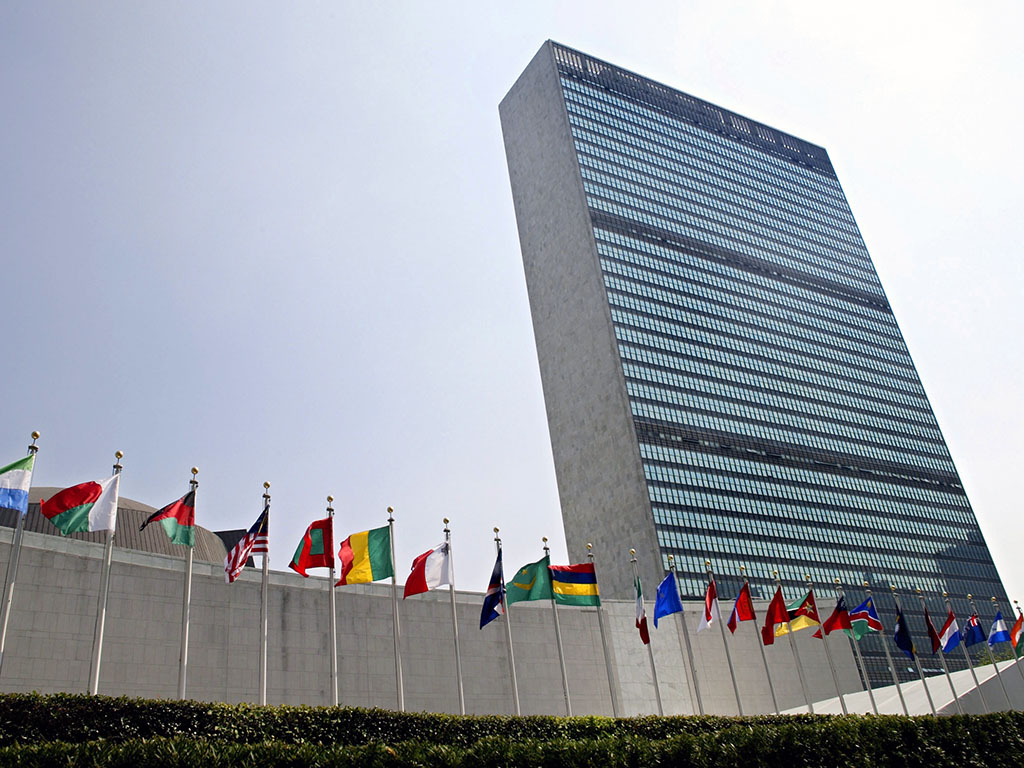
Without aggressive policy action, the COVID-19 pandemic could turn into a protracted debt crisis for many developing countries. High debt servicing hamstrings developing countries? immediate response to COVID-19 and rule out needed investment in the United Nations Sustainable Development Goals (SDGs). A debt crisis would dramatically set back sustainable development.
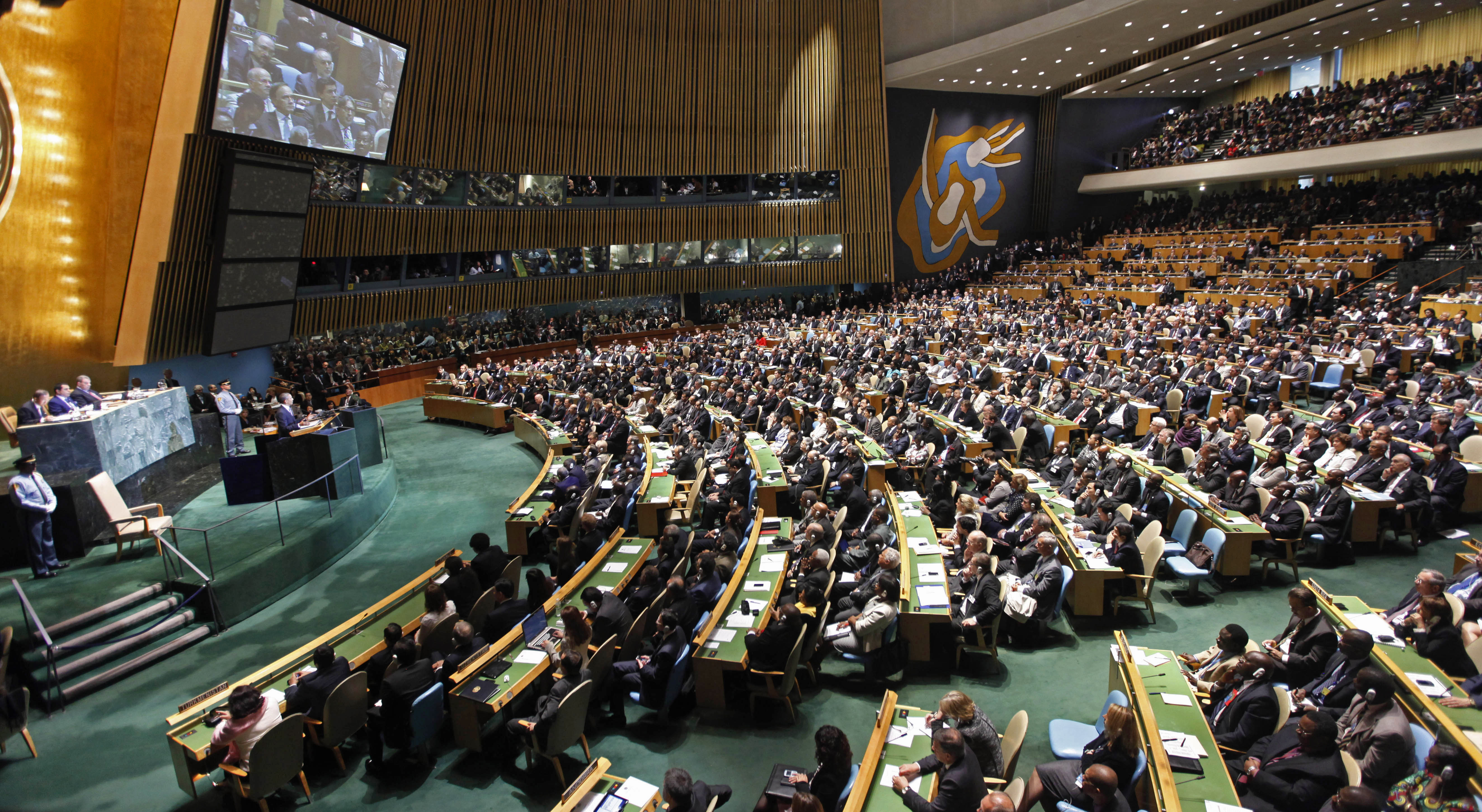
This policy brief highlights the challenges COVID-19 has posed to both the sporting world and to physical activity and well-being, including for marginalized or vulnerable groups. It further provides recommendations for Governments and other stakeholders, as well as for the UN system, to support the safe reopening of sporting events, as well as to support physical activity during the pandemic and beyond.

UN/DESA Policy Brief #71: COVID-19 pandemic deals a huge blow to the manufacturing exports from LDCs
The COVID-19 pandemic poses a significant economic challenge to LDCs that rely heavily on exporting manufactured goods, particularly clothing and apparel, amid global demand and supply-side shocks.
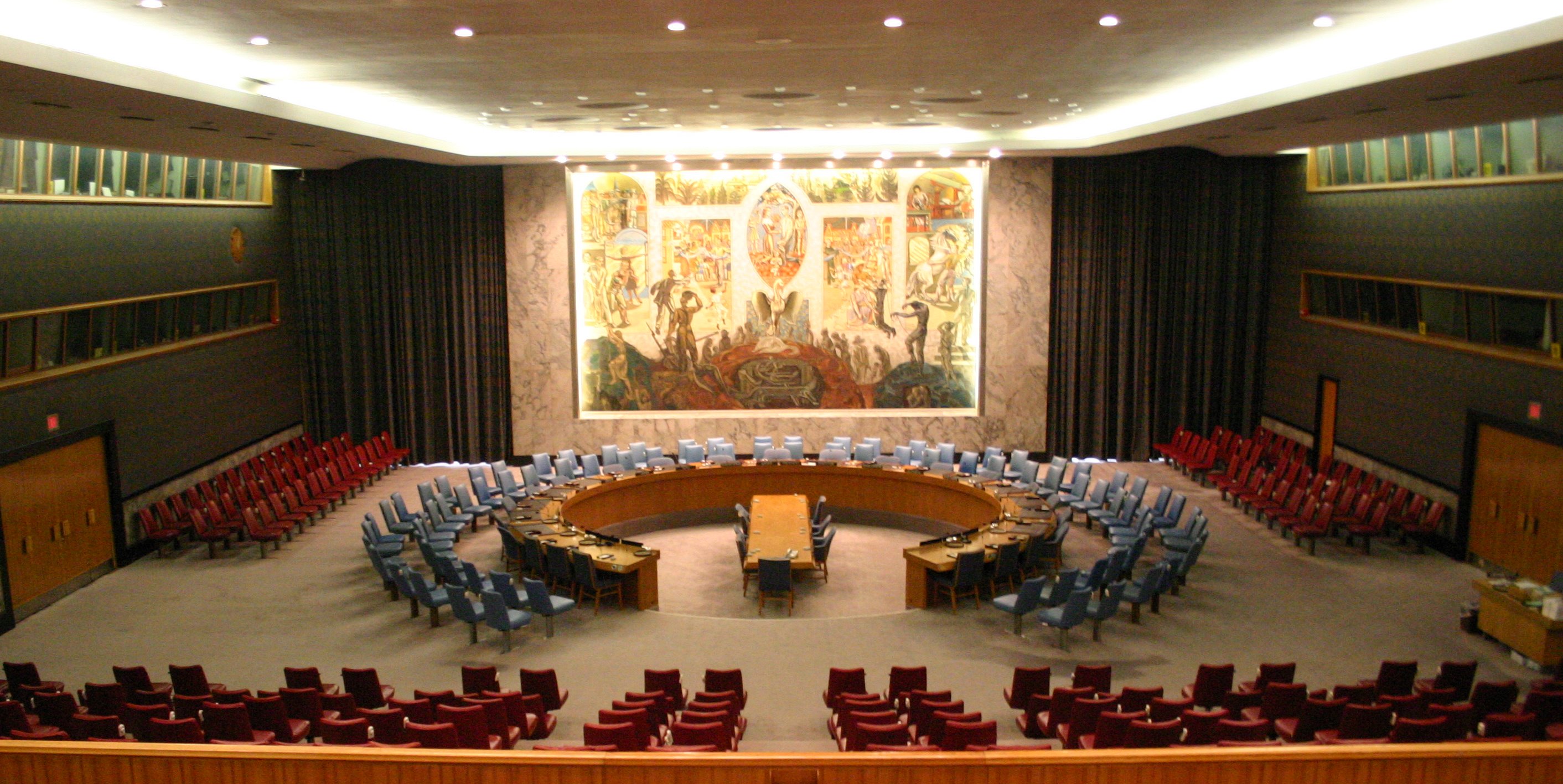
GDP growth in developed countries will plunge to ?5.0 per cent in 2020, while output of developing countries will shrink by 0.7 per cent. The projected cumulative output losses during 2020 and 2021?nearly $8.5 trillion?will wipe out nearly all output gains of the previous four years. The pandemic has unleashed a health and economic crisis unprecedented in scope and magnitude.
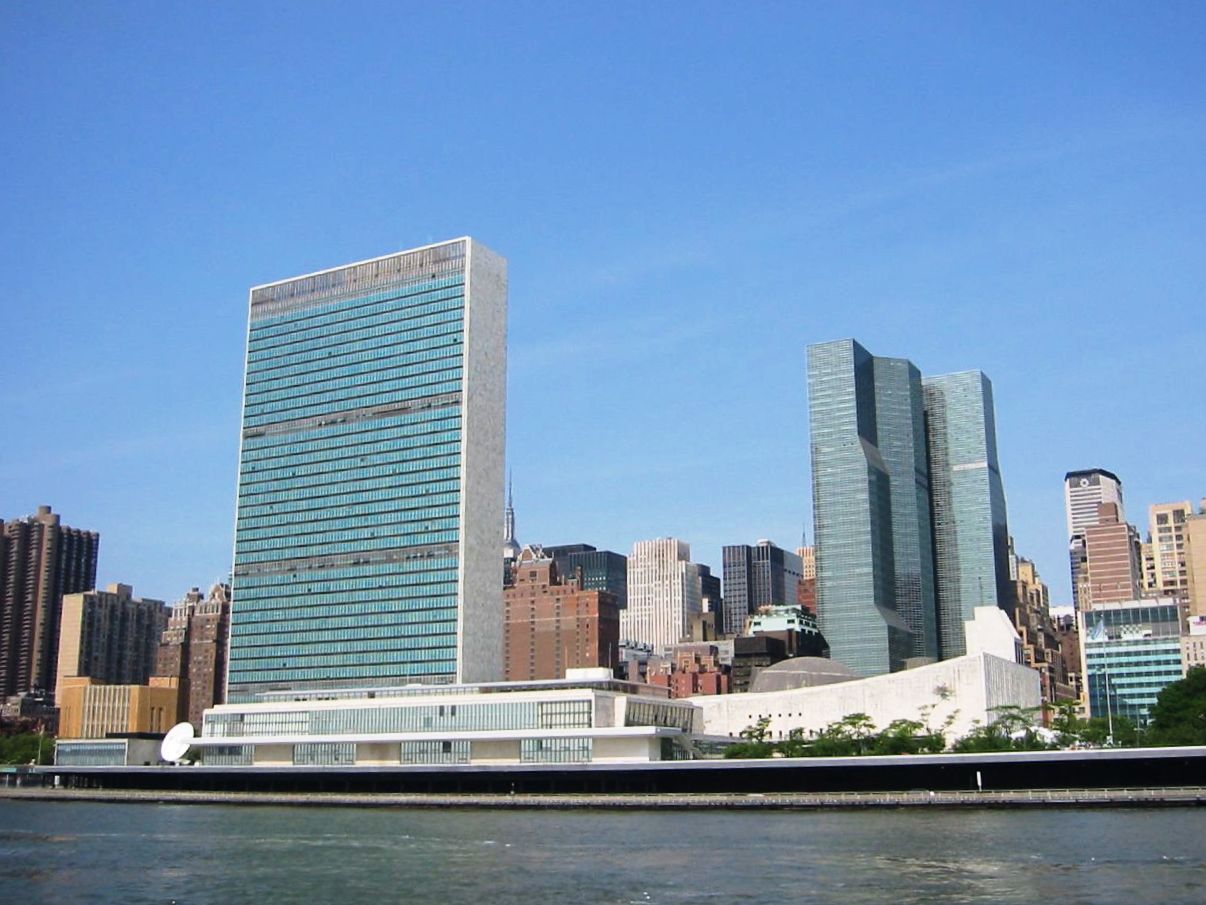
COVID-19 presents a new threat to the health and survival of indigenous peoples. Indigenous peoples often experience widespread stigma and discrimination in healthcare settings such as stereotyping and a lack of quality in the care provided, thus compromising standards of care and discouraging them from accessing health care.
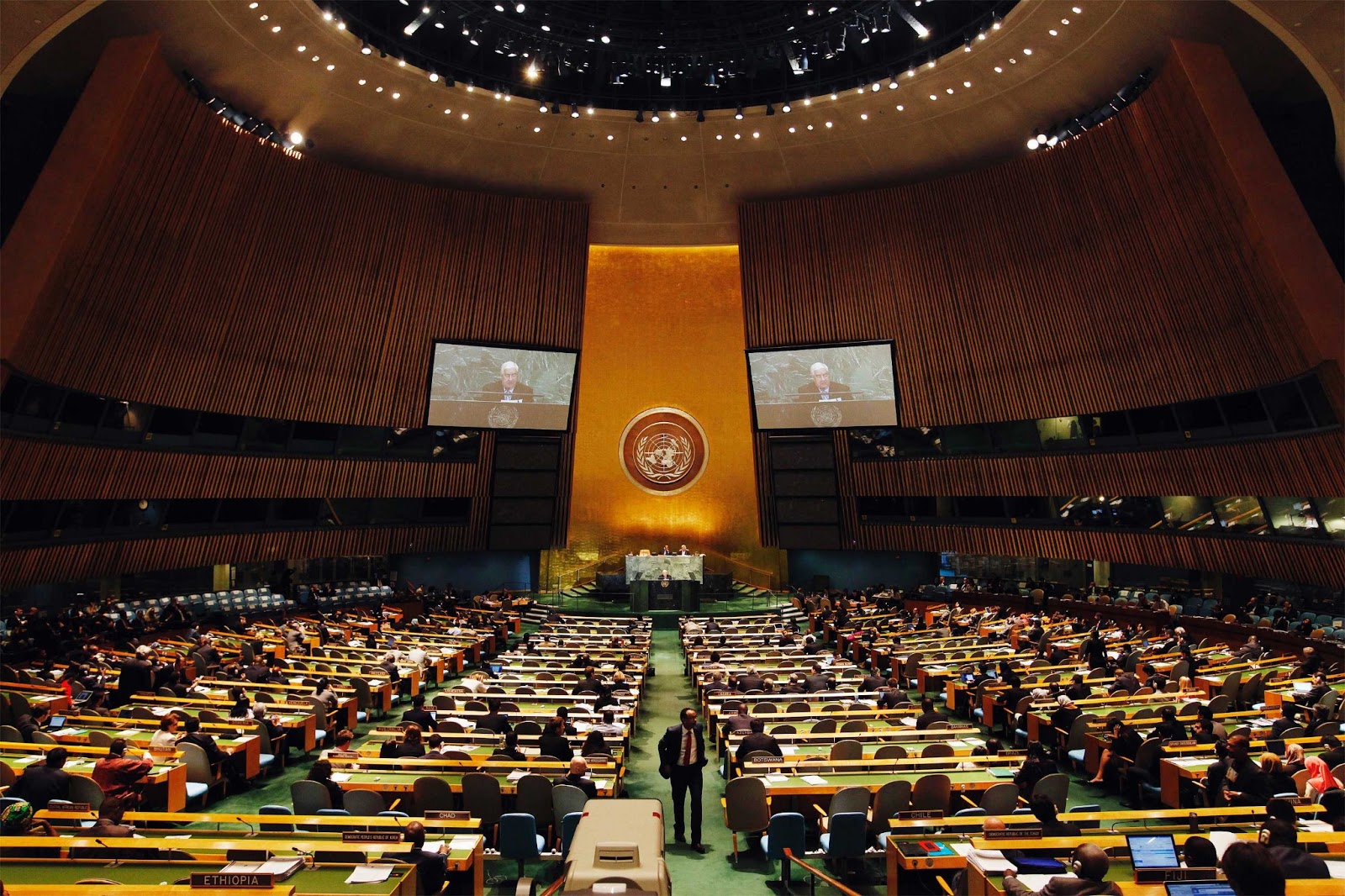
Multiple and intersecting forms of discrimination experienced by older persons are exacerbated during the COVID-19 pandemic and aggravate their vulnerabilities.

This policy brief highlights the impact of COVID-19 on women and girls with disabilities and provides policy guidance for governments and other stakeholders to adopt inclusive and accessible measures to not only mitigate the adverse impacts of the crisis but build resilient societies.

Young people will form a key element in an inclusive recovery
and the achievement of the Sustainable Development
Goals (SDGs) during this Decade of Action. However,
the response and recovery must be done in a way that
protects the human rights of all youth.
 Welcome to the United Nations
Welcome to the United Nations